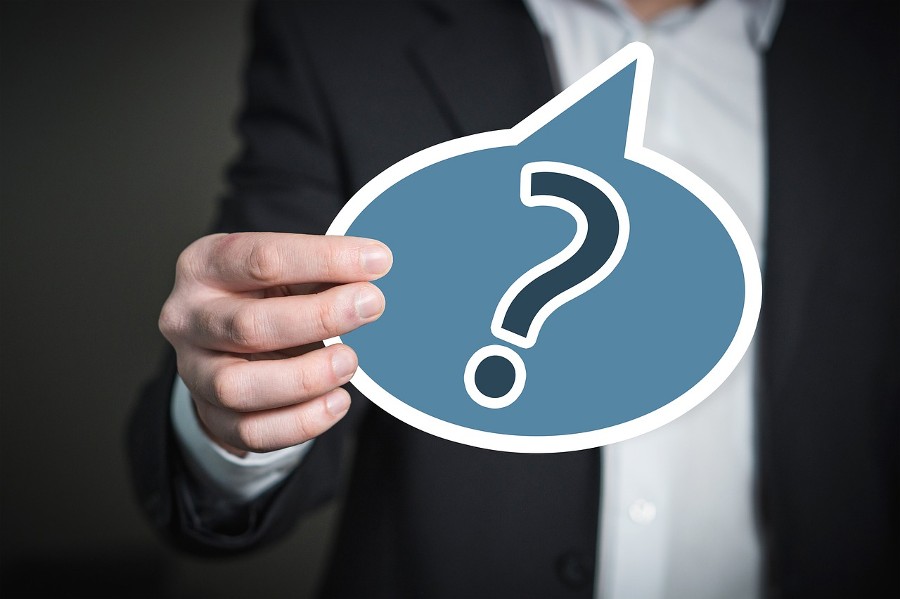From The Health Forum NZ @ Facebook
Sharing a brilliant post from our group member retired USA Doctor Ray Sahelian
HAVE YOU EVER STOPPED TO WONDER WHY SO MANY PEOPLE YOU KNOW HAVE HAD NO SIDE EFFECTS FROM THE CV V....AND OTHERS END UP IN ICU OR DEAD?
Why Some People Get Vaccine Side Effects, and Others Don't
I hear it all the time: "I took the shots, my family members and relatives took them, and no one had any problems;" or, "I had the worst headache of my life; some of my co-workers got really ill and didn't show up for work the next day." Why is it that some people are unscathed -- and think people are making a big deal of vaccine adverse reactions -- while others have personal experiences that have made them wary. I have identified 12 reasons that account for these disparities:
Manufacturing of the vaccine
We assume that every batch will be exactly the same. There have been quality control issues. Hacked documents show that some batches had suboptimal quantities of mRNA particles which means many people got a weak vaccine which may have led to minimal side effects (see comment #1). I am not sure if any agency is currently testing all the different batches to make sure they are consistent.
Transportation and storage of the vaccine.
If not properly done the mRNA strands could disintegrate and be weaker by the time of administration.
The amount administered
If the amount to be injected is 0.3 ml, some people may get as little as 0.28 ml and others up to 0.32 ml, which could make a difference. We can't assume the technicians administering the jabs are going to be perfectly accurate every time.
The needle entry
Sometimes the needle contents are released directly into a blood vessel in the deltoid muscle which could lead to a quick entry into the bloodstream and a stronger response and wider distribution of the lipid nanoparticles into organs all over the body.
Allergies
If a person is sensitive to PEG or some of the other substances in the vaccines they could have a serious allergic response, even anaphylaxis requiring a visit to the emergency room.
Prior Covid-19 infection
The initial company studies excluded individuals who had been previously infected but in the real world a good number of those getting the shots have, knowingly or unknowingly, been already infected. By getting the shots their immune system overreacts -- kind of like adding fuel to the fire.
Genetics
Certain individuals are more prone to clot formation and would more likely be prone to heart attacks and strokes. There are a wide variety of genetic conditions that influence our physiology and metabolism and how we react to foods, dietary supplements, medications, and vaccines.
Weight
A person weighing 100 pounds will proportionally get three times the dose as someone who weighs 300 pounds.
Age
The young will mount a powerful immune response since they are healthy whereas the elderly have a weaker immune response. We can't expect a 12 year old to have the same response as a 90 year old. If the vaccines reduce mental function by a small amount, a young healthy person may not notice the mild brain fog whereas an older person who is already borderline may have a noticeable decline in their ability to think clearly. This is true also of physical impairment.
Women have more reactions than men
The reasons include hormones (women have more estrogen while men have more testosterone) and perhaps because women weigh, on average, less than men by about 15%.
Medications
There are hundreds of drugs that are prescribed and dozens of common dietary supplements and herbs that people take. Most of the time the vaccines should not interfere with them but interactions could happen. Those on immune suppressing drugs such as steroids or chemotherapy would not mount much of an inflammatory response to the shots. Statin drugs used for cholesterol reduction are known to sometimes damage muscle tissue and since the vaccines cause muscle inflammation the combination could make muscles ache worse.
Medical conditions
Someone who is prone to heart rhythm disturbances may have aggravated arrhythmias compared to healthy, athletic individuals whose heart beats slower and regularly. A person with plaques in their arteries is more likely to have a blockage from a small clot in their blood vessels. Those prone to migraine headaches are likely to see worsening, as would those with chronic fatigue could get even more tired. The vaccines could trigger a seizure in a person who has a history of epilepsy. I could cite a number of examples.
Other possibilities that I have pondered include:
Does heavy exercise the days after the shots make symptoms worse or better? Would it cause more muscle tissue damage?
Would high intake of fluids soon after getting the shots and for a few days after flush out the spike proteins and reduce symptoms?
What is the role of diet?
How does prior heavy alcohol consumption influence such reactions?
What about smokers, are they more prone to clots?
Are some people more attuned to their bodies and notice minor changes while others are less aware of changes; or they think the vaccines are so safe that they do not attribute some of the reactions (such as fatigue, ringing in the ears, heart palpitations, and tremors) to the shot they got a few days or weeks earlier?
Have I missed other reasons? I welcome your input.

